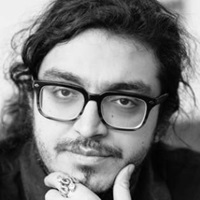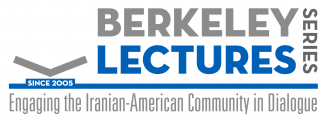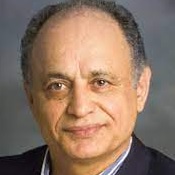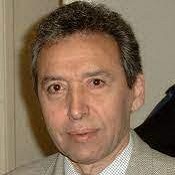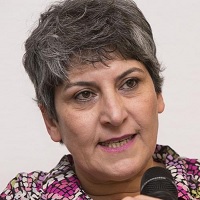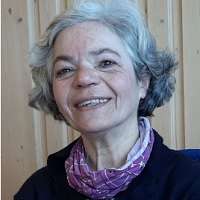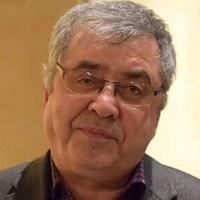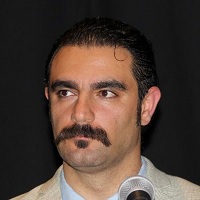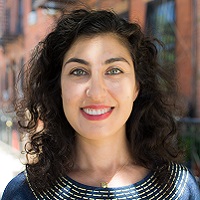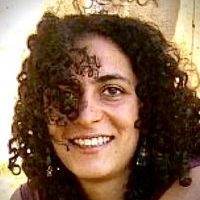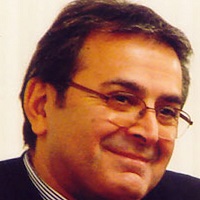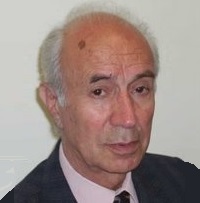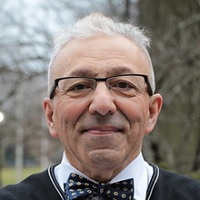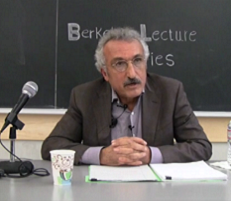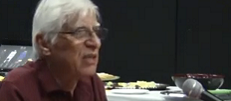Holding a PhD degree in philosophy from the University of London and a native of Mashad, Khorasan Province, Esmail Khoi is a philosophical poet, whose work has been frequently commented in the country.
Khoi, who received his secondary education in Meshed, immigrated abroad after the victory of Islamic Revolution and he is presently teaching or researching in England (2004). The loss of his son was a big shock for the poet and made him more and more despondent.
His focus on art gives special vigor and firmness to his structure. When deeply immersed in literature, Esmail makes a medium for social discourse and philosophical speculation.
His heavy and artistic poetry has an epic tune, which proves that poets bred in Khorasan, cannot forget their epic ancestors.
His language is eloquent, ringing and pedantic with well-selected words.
Works
On the Galloping Stallion of Earth, On the Roof of Whirlwind, Of Those Seafarers, Beyond the Night of the Present, To Sit by the Seashore and Exist, We Who Existed and Slumbering at the Ever Every Morning London.
